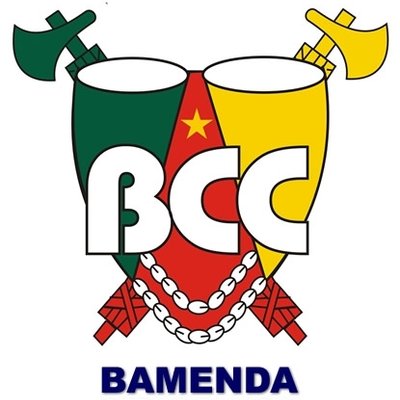RULES APPLICABLE TO THE CITY COUNCIL
Overall objective:
To ensure local development and improves the living environment and conditions of its inhabitants. This is in relation to economic, social, health, education, cultural and sport development.
Council mission
- To provide leadership, vision and direction in responding to needs and aspiration of the community by working cooperatively with staff and residents to provide municipality infrastructure programs and services that are environmental, social and fiscally responsible.
- To implement economic development plans to maintain and enhance the community’s overall economic prosperity.
- To seek opportunities to reduce city expenditures and enhance revenue.
- To review proposals to modernize the city site structure and operations.
- To maintain and improve public infrastructures such as streets, roads and transportation.
- To establish financial partnership (both National and International)
- To ensure proper hygiene and sanitation in the community.
- To improve communication with the community to ensure that members of the public are informed and that there should be a broad community participation in the city decision making process eg. Conducting feasibility study for a community choice.
POWERS AND FUNCTIONALITY
Mayors are referred to as Local Authorities, Authorizing as well as Contracting Officers
POWERS
Devolve to them by the State necessary for their economic, social, health, Education, Cultural and Sport Development. This devolution of powers is being accompanied by the transfer of resources and means necessary by the State for the effective exercise of such powers. By so doing, they can carry freely recruit and manage the staff needed for the purposes of their mandates, in accordance with the laws and regulations in force.
According to section 156 of the General Code, the following powers shall be devolved to the councils:
- Promotion of councils agricultural, pastoral, artisanal and fish farming activities,
- Development and management of council tourist sites,
- Construction, equipping, management and maintenance of markets,
- Motor parks and slaughter houses,
- Organization of local trade fairs,
- Support to income-generating and job-creating micro-projects,
- Exploitation of mineral substances that cannot be given out as concession.
Section 157 : Environmental and Management of National Resources
Section 158: Planning, Regional Development, Town Planning and Housing.
Section 160: Health and Social Development, Educational, Sports and Cultural Development.
FUNCTIONING PRINCIPLES
- The Mayors known as the Local Authorities shall carry out their missions in accordance with the constitution as well as laws and regulations in force.
- Deliberation outside statutory meetings is not welcomed/matters outs its jurisdiction and should not undermine state security, law and orders, National unity or territorial integrity.
- Where they acts in violation of the constitution, the resolution or decision impugned shall be declared null and void by order of the representative of the State, without prejudice to the penalties provided for by the laws and regulation in force.
CONTROL OF LEGALITY: CONTROL OF POWERS
Control mechanism
- Decisions of the Mayor shall be forwarded to the representative of the State in the said Local Authority by register letter or delivery at the competent service, against an acknowledgement of receipt.
Status and attributes of the mayor
- This is acquired accordance with the laws and regulations governing the officer concerned.
- During official ceremonies and in the solemn discharge of his duties within the territory of his local authority, the local elected official shall wear protocol attributes and insignia.
- It is mandatory for the elected official to wear attributes and insignia during official ceremonies.
- Shall wear around the waist, a Sash in the National colours with gold to set fringes for Chief Executive and silver tassel fringes for the other members of the executive.
OBLIGATION OF LOCAL ELECTED OFFICIALS
In the discharge of their duties, the local official shall be bound by the following obligations:
- Obligation to serve and devote to duties
- Obligation of residency
- Obligation of selflessness
- Obligation of confidentiality and reserve.
